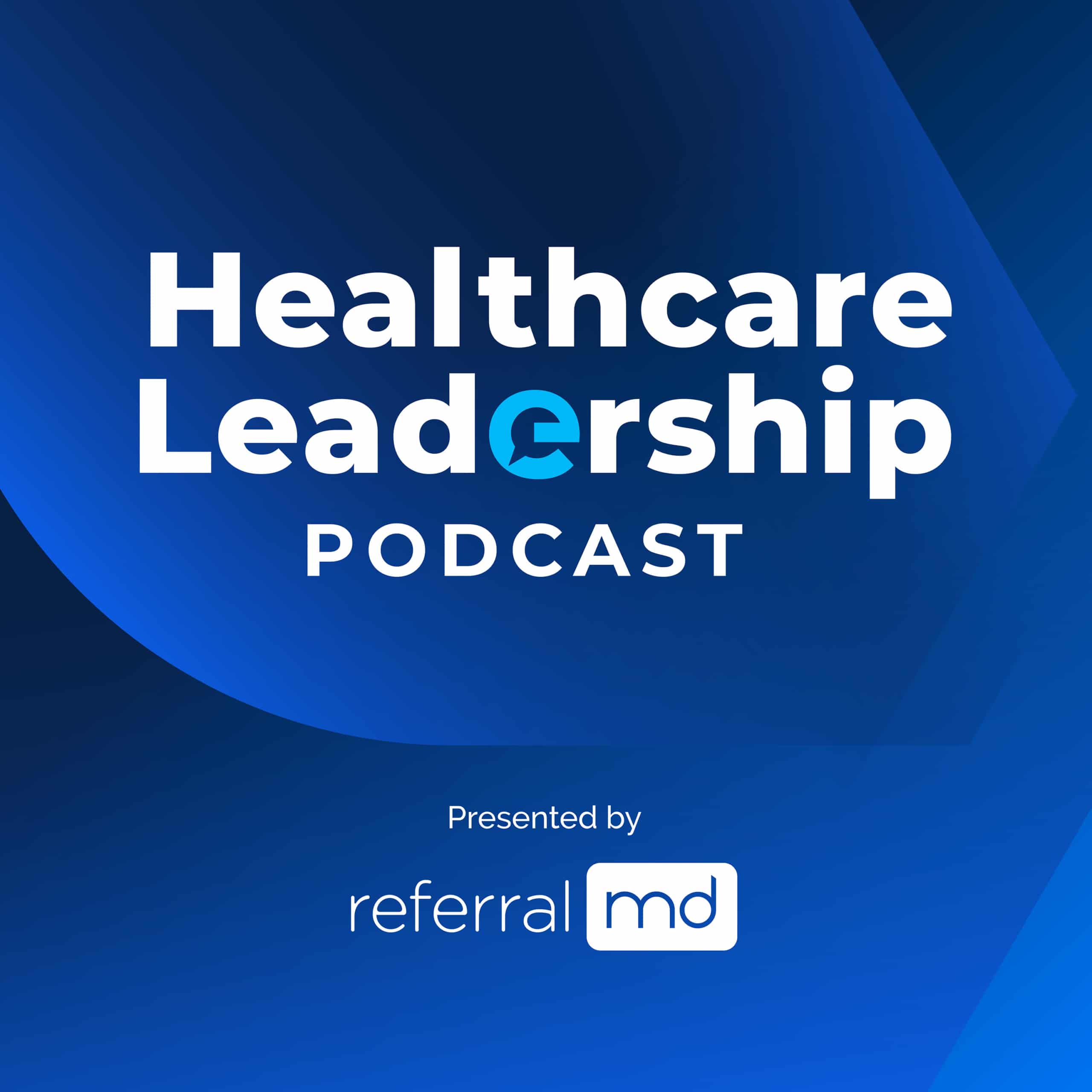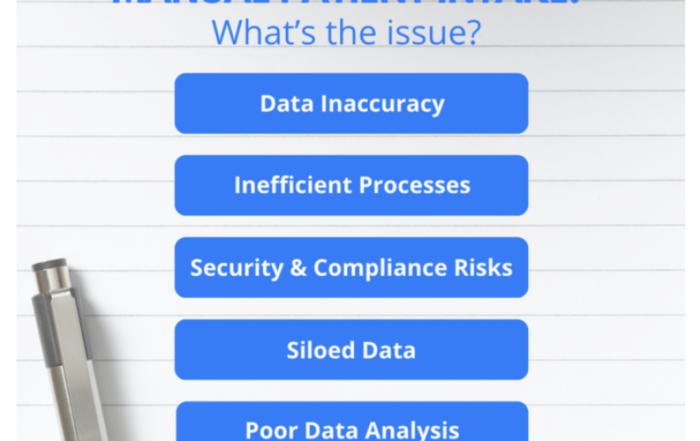A healthcare career has always been attractive. There are expectations of higher salaries, not to mention the opportunity to make a positive impact on patients’ lives. While the reality isn’t always quite so simple, it is certainly a path that can be rewarding in a variety of ways.
As with any career, you can improve your path with some careful initial planning. Whether you’ve just graduated from medical school or are still mulling over a change of career, it’s worth taking the time to review the elements that can positively and negatively impact your experience.
|
|
Image Source: Pexels
So, what are the key considerations as you start your healthcare career? We’re going to examine a few areas of focus.
Choosing a Field
Even when you’ve recently completed your graduate studies, it may be the case that you haven’t quite settled on a field to enter into. This isn’t necessarily a negative thing — just because you trained in a particular environment, that doesn’t mean you need to apply those skills in traditional parts of the sector. As such, it’s worth looking at some of the underexplored areas of healthcare.
A good example of this can be attributed to nursing. Becoming a nurse is not a single all-encompassing position. Nurse Practitioner (NP) is one of the fastest-growing medical professions, and qualifications here can help you to engage in everything from family practice to psychiatric care. Nursing can take the form of community outreach, working in public health to provide patients with health education and guidance. It is also possible to work remotely, providing advice through telehealth services or even acting as an expert in assessing health insurance disputes.
Often the best approach is to research fields that can match your personality as well as the skills you’ve gained. If you have some attention to detail and enjoy a busy environment, you might want to consider a role in surgical technology. While you won’t be handling any surgeries yourself, you’ll be working alongside doctors and nurses, preparing patients for operations, and assisting throughout. It’s also of note that, unlike surgeons, this doesn’t require you to spend several years in med school, racking up crippling levels of debt. Rather, a two-year Associate’s degree is usually enough to get you an entry-level position.
Remember, too, that starting in a field doesn’t mean that you’ll be doing that for the rest of your life. Indeed, the more you explore an area, the more you’ll see that your skills may be transferable to other fields. So keep your options open, and be proactive about talking to other professionals about their experiences, ideas, and advice.
Preparing for Challenges
Healthcare can be an immensely rewarding career path. It’s a chance to work closely with the public on matters that affect their life experiences. However, it’s just as important to note that it is an extremely challenging sector to work in. If you go into any medical profession assuming that it will be easy, you’re likely to have a large dose of reality shock. As such, one of the important considerations is what challenges you’re likely to face and how — if you choose to continue in the field — you can practically overcome them.
Suppose you’re dealing with patients directly — whether as a doctor, a hospital administrator, or a technician — some of the issues will revolve around how to handle people. They may be going through a difficult period in their lives, in outright distress, or not able to navigate a medical system that can be needlessly complex at times. Then again, let’s not beat about the bush here. There will be that percentage of the public who are just unpleasant to be around. None of these things makes patients less deserving of good healthcare, so you need to gain skills that can help you address this. This might be improved communications abilities, conflict resolution skills, and even guidance to utilize a sensitive and empathetic manner. There’s no shame in any of these things not coming naturally to you, but a consideration of these aspects can help you adjust appropriately.
It is also vital that you consider the potential for your profession to impact your wellbeing. The responsibilities of healthcare can also help to make it one of the more high-pressure fields to be employed in. Not to mention that the hours can sometimes be long and the work exhausting. If like so many in the field, the positives outweigh this, it’s time to start making plans to mitigate potential problems. Talk to your family about what they can expect from your role and how they can best support you through it. Get insights from people already in the profession, and what they’ve found to be the most effective solutions. Commit to the maintenance of your physical and mental health now, so that you can be vigilant over any changes in the future.

Making the Best Start
You’ve narrowed down a field, made good plans for the challenges, and you’re ready to move forward. Your next step is to take time to make your entry into the sector as positive as possible. You’re certainly unlikely to immediately score high-earning senior positions right off the bat, but you can engage with employers that can help you progress on your path. Unfortunately, these are also likely to be the roles that get the most applications, so you’re going to have a lot of competition that you need to stand out from.
As such, your initial application needs to have elements that help you shine. Yes, you can show your high college scores but chances are good that a lot of candidates will have similar. Rather, seek to demonstrate that you can be a relevant contributor to the facility you’re applying to. If you’re still early in your education, try and get volunteer work in your field. Giving your time in your own community or abroad with organizations like GoEco and International Volunteer HQ can make a good impression. It also provides you with insights into the challenges a diverse range of people face.
Once you’ve made applications, you should undergo prep work for the interview process. You don’t have to necessarily memorize answers by rote, but rather familiarize yourself with the common types of questions that are asked, and how you can appropriately respond. Gain some understanding of the difference between queries that are designed to assess behavior and those to measure your skill level. When it comes to discussions about personality and cultural fit, it can be wise to look into what the practice or hospital’s values are, so you can prepare comments that reflect these honestly. This is usually going to be the point at which you can make a good first impression, and it can get your career off to a good start.
Conclusion
A healthcare career is a path filled with opportunities and experiences. However, to get the most positive experience it’s worth taking the time to explore the various fields that could fit your personality and skills, as well as assessing the challenges in those areas. As early as possible, you should understand what experiences and values can make you an attractive candidate for roles, so you can best prepare for applications and interviews in the future.












